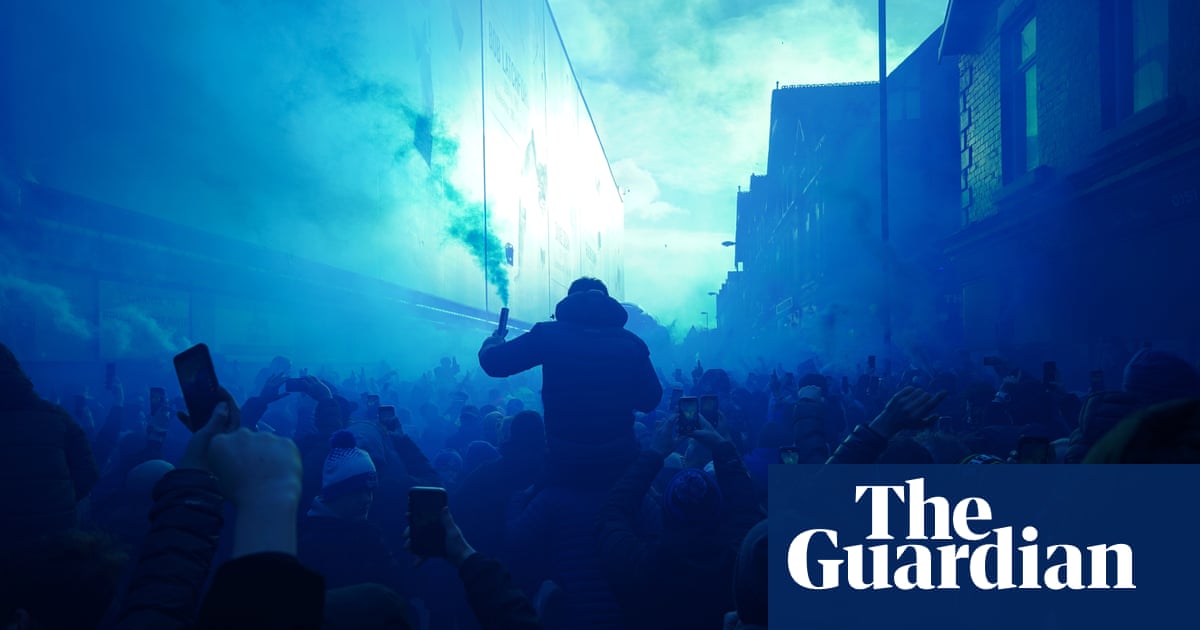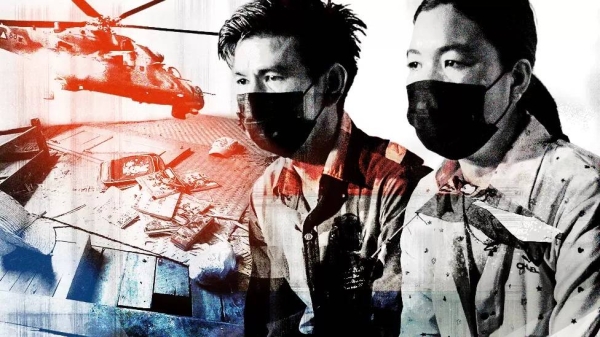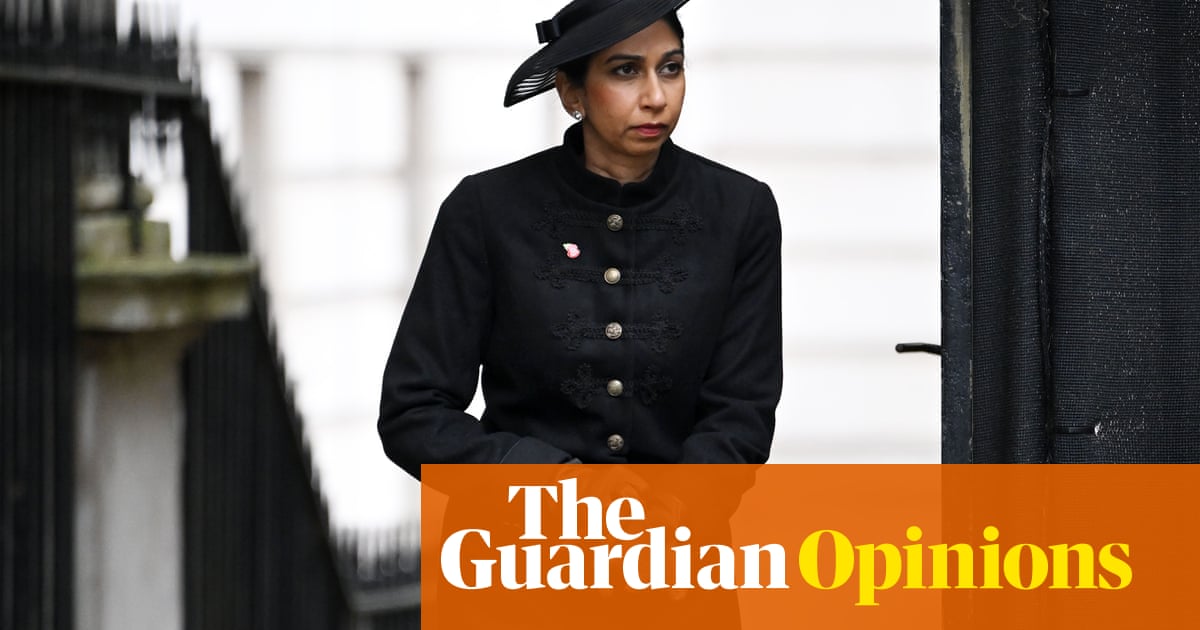
It is too charitable to describe Everton as a club in crisis. A crisis can be solved with the right people in charge. Everton are engulfed in a civil war, the consequences could be catastrophic, and it is a measure of the turmoil that the potential endgame for a manager with the worst win ratio bar the hapless Mike Walker is not dominating their agenda before the trip to West Ham.
Frank Lampard returns to his first club on Saturday having presided over 10 defeats in 13 matches and Everton’s descent to joint bottom of the Premier League. Awaiting him is David Moyes, who also hasn’t won a league game since late October, who has also collected 15 points and whose job is also on the line before a fortnight’s break in the league. It is not fantasy to suggest the Scot could resurface back at Goodison Park should West Ham part company.
And yet, even now, the prospect of fresh managerial upheaval is not all-consuming for Evertonians.
In just over a week they have been accused of dictating managerial policy by Farhad Moshiri, the erratic owner who thought Sam Allardyce and Rafael Benítez were a good idea, and of threatening, violent and misogynistic behaviour towards members of the board by their own club. The serious allegations were made on the day thousands of fans staged a peaceful sit-in protest against the Everton board. The chairman Bill Kenwright, chief executive Denise Barrett-Baxendale – the main targets of the protest along with Moshiri – chief finance officer Grant Ingles and nonexecutive director Graeme Sharp, a club legend, missed the defeat by last-placed Southampton and the planned protest on the advice of the club’s security staff.
No threats or offences were reported to Merseyside police, whose statement confirming they were liaising with Everton over the allegations contained a rebuke to the club. They were in contact, said the police, “to ensure that any future reports are received through existing channels”. A day after the police statement, and one from Everton saying they would not comment on “specific historic incidents”, an article appeared in the Athletic in which a club source doubled down on accusations that Barrett-Baxendale had been put in a headlock at an unspecified game. The claim remains unsubstantiated almost a week on. The only evidence of Everton fans crossing the line of late is footage of Anthony Gordon being abused and Yerry Mina being confronted as they drove away from Goodison last Saturday.
The Everton doom loop continues. NSNOW, organisers of the protest, stated: “We are appalled by the Everton board’s recent statements and actions, including the use of unattributed leaks to the media, that have resulted in considerable damage to the good name of the club and especially the fans. For the board there is no recovery from this.” The Everton Shareholders’ Association, hardly a hotbed of revolutionary fervour in the past, said relations between the owner, board and fanbase were “at an all-time low”. The association, also angered by the removal of AGMs, has launched an online petition calling for a vote of no confidence in the board. It attracted almost 11,000 signatures in the first 24 hours.
The upshot of this counterproductive debacle is that Everton have made their own manager’s job – and, by extension, their own prospects of avoiding relegation – more difficult. They have also exposed how Everton are run, and why there is such a clamour for Moshiri to sell up or impose the changes that were needed at the top when he bought into the club. Everton’s decline has accelerated under the British-Iranian billionaire, but it did not start with him. The club was lagging behind its Premier League peers commercially and had three failed stadium projects to its name when Kenwright, indebted to Moyes for keeping Everton competitive on a shoestring for 11 years, finally found a much-needed investor and invited Moshiri on board in February 2016.
Moshiri has at least found a solution to Everton’s stadium problem with construction well under way on an impressive arena at Bramley-Moore Dock. He is yet to secure the additional investment required to complete the project, however, and that search would not be easier with the club in the Championship. Relegation would entail a fire sale of assets from the squad and raise the spectre of administration for a club that posted combined losses of £372.6m in its past three available set of accounts. About £700m has been spent on more than 50 players in the Moshiri era, with just over £400m recouped in sales. Lucrative commercial ties with companies owned by the oligarch Alisher Usmanov, Moshiri’s former business associate, have been cut since Russia’s invasion of Ukraine.
By allowing Kenwright to remain an influential chairman Moshiri preserved the status quo when Everton needed a reset. Kenwright’s supporters would argue his influence has been vital in curbing the worst excesses of an impressionable owner who has no strategy or plan and has frequently followed the poor advice of a few friendly agents.
Moshiri has not failed on his own terms. The same is true of Lampard, a dignified figure who has refused to blame the Everton circus for results he knows spell trouble. Nine league wins in 12 months and three league wins this season represent dreadful records. But, should the axe fall after West Ham, how accurately can his performance at Everton be judged? Lampard has spent the vast majority of the season without a recognised goalscorer who could have turned draws into victories and narrow defeats into draws when his rebuilt defence and midfield offered a foundation earlier in the campaign.
Everton have known since 1 July last year that Richarlison’s goals needed replacing. Three weeks into the January window and still no signings have arrived. Meanwhile Southampton, West Ham, Bournemouth, Wolves, Leeds, Nottingham Forest and Aston Villa have strengthened. Danny Ings, now of Saturday’s opponents, Kevin Schade, Brentford’s new striker, and Georginio Rutter, Leeds’s record signing, were on Lampard’s wishlist.
Last season Everton had the unity that Lampard fostered between the fanbase and a struggling team to “push them over the line” – his words – in an impassioned fight against relegation. That crutch has gone, kicked away by his club.












